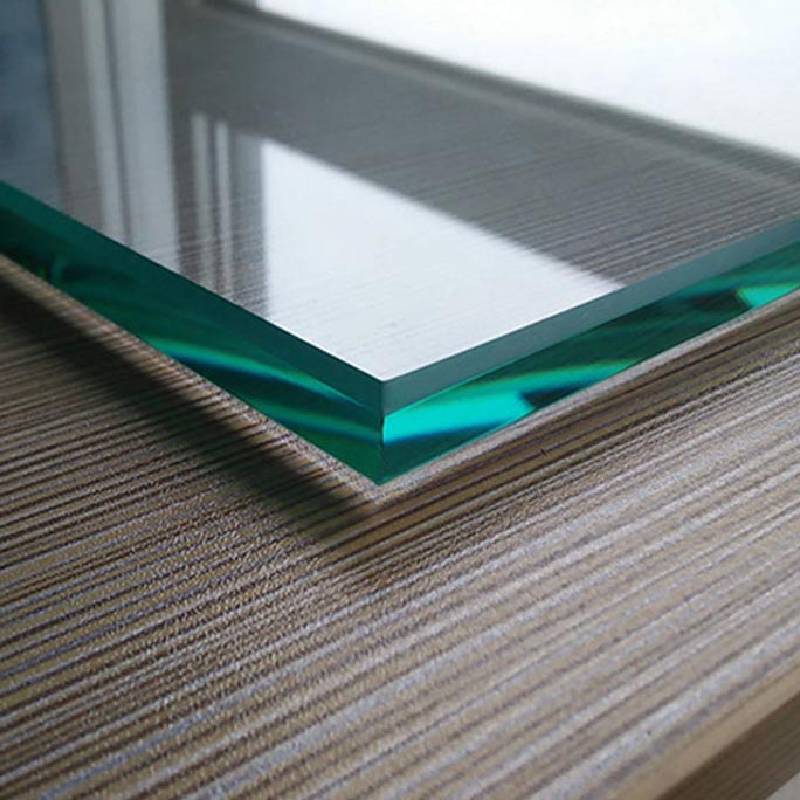

Toughened Float Glass An Overview
Toughened float glass, commonly known as tempered glass, is an innovative material that has significantly transformed various industries, including architecture, automotive, and interior design. This specialized form of glass is renowned for its strength, safety, and versatility, making it a popular choice for a multitude of applications.
What is Toughened Float Glass?
Toughened float glass is produced through a process that involves heating the glass to a temperature of around 600 degrees Celsius and then rapidly cooling it. This method creates a compression layer on the surface of the glass, making it much stronger than standard float glass. The process not only enhances its mechanical strength but also ensures that it can withstand sudden thermal changes, reducing the risk of shattering.
The term float glass refers to the traditional manufacturing method where raw materials comprising silica sand, soda ash, and limestone are melted and floated on molten tin. This results in a flat, smooth surface. When this is combined with the toughening process, the end product becomes ideal for various demanding applications.
Benefits of Toughened Float Glass
1. Strength and Durability One of the primary advantages of toughened float glass is its superior strength compared to regular glass. It is about 5 to 6 times stronger than its untensed counterpart, allowing it to endure impact and stress. This attribute makes it suitable for environments prone to high foot traffic or potential hazards.
2. Safety Features In the event of breakage, toughened glass shatters into small, blunt pieces, significantly reducing the risk of injury. This safety feature is especially critical in public spaces and areas where children are present. Designers prioritize safety without compromising on aesthetics.
3. Thermal Resistance Toughened float glass can withstand significant temperature fluctuations, making it an excellent choice for buildings exposed to varying weather conditions. This thermal resistance prevents thermal stress, which can lead to cracks in conventional glass.
4. Aesthetic Appeal Available in a variety of finishes and treatments, toughened float glass can be customized to match design needs. It can be tinted, frosted, or clear, allowing architects and designers to incorporate it seamlessly into their visions without sacrificing visual appeal.

5. Environmental Resistance It is less prone to damage from humidity, chemicals, and UV radiation, making it an excellent candidate for exterior applications. This characteristic extends the lifespan of the installations, offering a cost-effective long-term solution.
Applications of Toughened Float Glass
The versatility of toughened float glass allows it to be used in a wide range of applications
- Architectural Glass It is commonly used in facades, windows, and doors of residential and commercial buildings, where both safety and aesthetics are paramount. - Shower Partitions The water-resistant and easy-to-clean surface makes toughened glass an ideal choice for modern shower enclosures, combining functionality with design.
- Tabletops and Furniture Designers frequently utilize toughened float glass in furniture, ensuring durability and an elegant finish that complements various interior styles.
- Automotive Glass Toughened glass is used in the automotive industry for windshields and side windows, enhancing safety and structural integrity in vehicles.
- Glass Partitions In offices and commercial spaces, toughened glass partitions are favored for their ability to create a modern and open environment while maintaining privacy and sound insulation.
Conclusion
Toughened float glass stands as a testament to advancements in glass manufacturing technology, combining strength, safety, and aesthetic appeal. Its multifaceted applications across different industries underscore its importance as a material choice in modern design and architecture. As innovation continues, the potential for new applications and improvements in toughened glass technology will undoubtedly grow, solidifying its place in both contemporary and future designs. Whether in a skyscraper or a simple shower door, toughened float glass remains an essential component bringing both beauty and resilience to our environments.